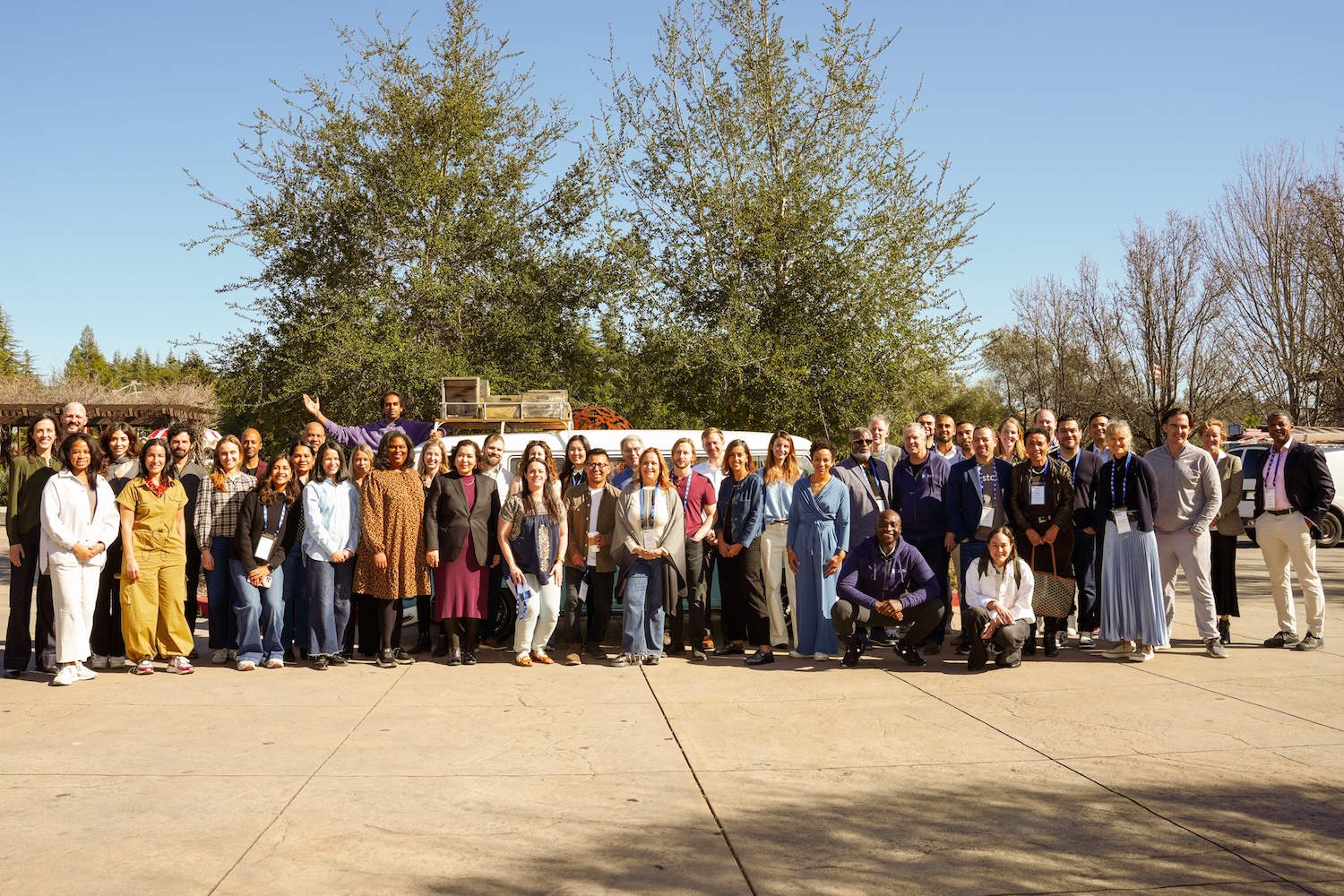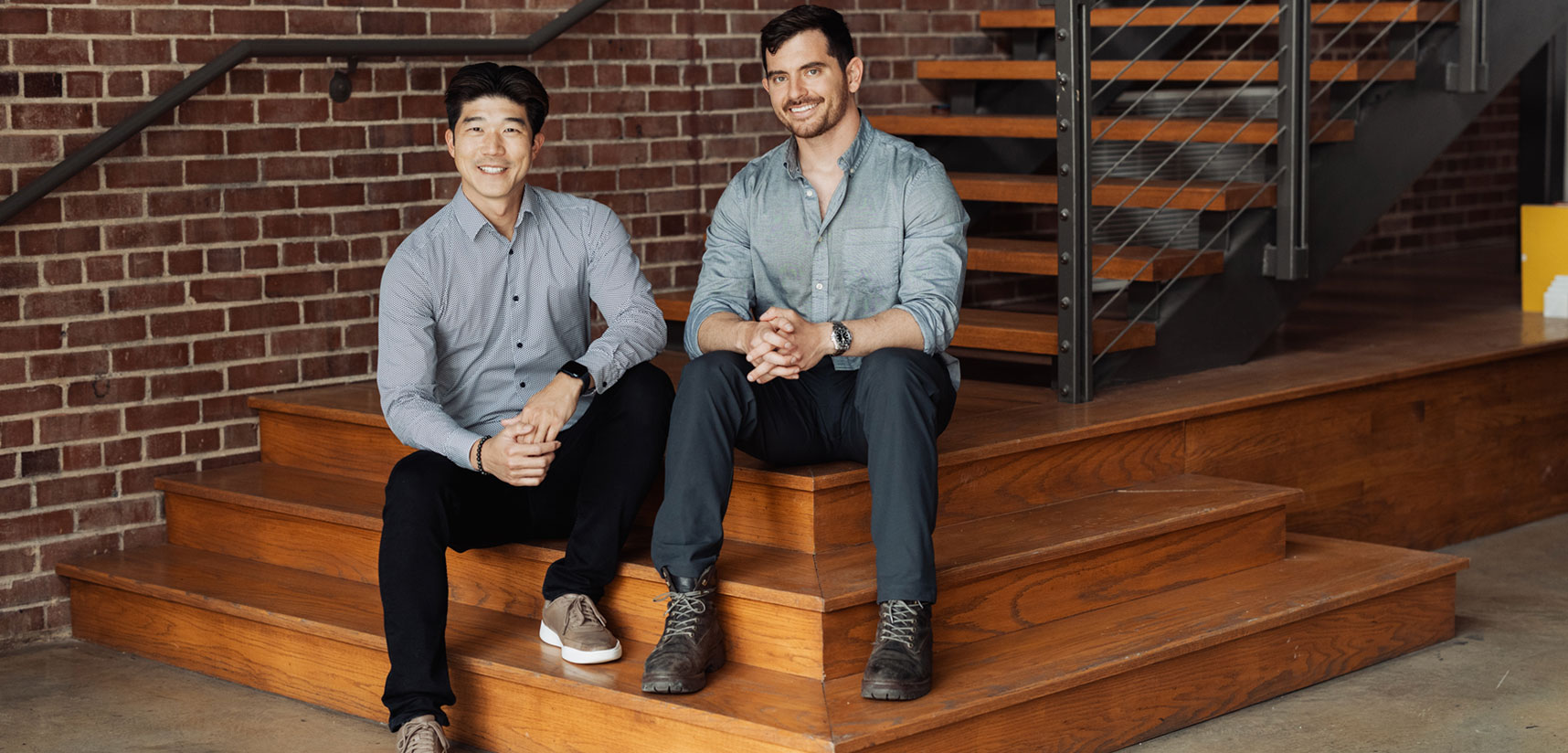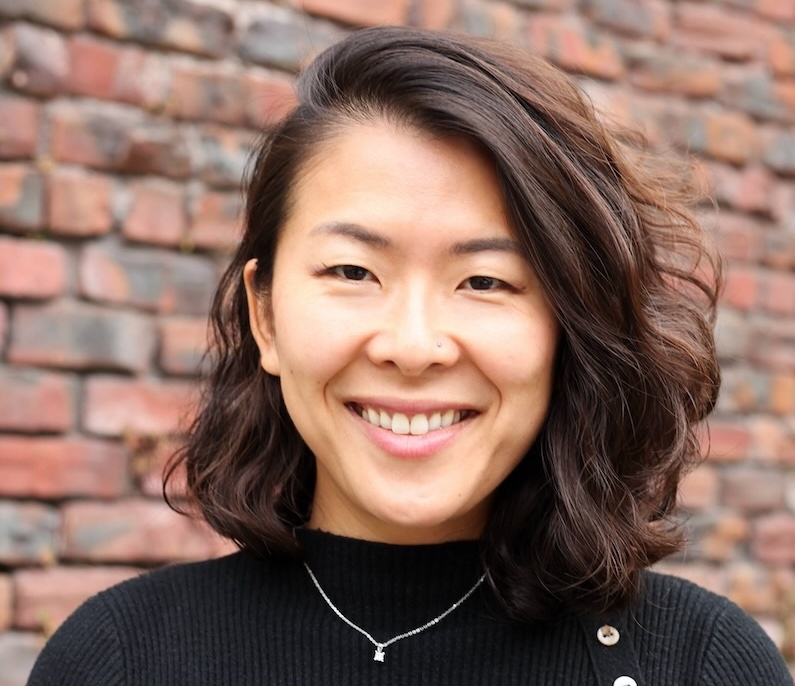When Los Angeles was ordered to shelter in place last March, Everytable's restaurants went empty overnight. “Our business was dead,” says Sam Polk, who launched Everytable in 2016.Polk founded Everytable to bring healthy and affordable meals in food-insecure neighborhoods across Los Angeles. Since its launch, Everytable has provided over 1.7 million of its delicious, chef-prepared meals in 10 locations and 200+ grab-and-go fridges in Los Angeles. Polk quickly realized how the residents of these communities—the city's most vulnerable—were still going to need healthy and affordable food, and Everytable immediately pivoted to pandemic relief.
“By 8:00 AM the next morning, we launched a full helpline,” Polk says. “ We then put it out to all our email and social media for anyone who needed help getting food to call us. We staffed it with people from our stores who were no longer working. Calls just started pouring in. At the beginning, it was people who needed meals, but then very quickly it was social services and government agencies.”
The government agencies and nonprofits struggled to meet the sudden, acute demand from their community. Many organizations were not structured to pull more resources from their regular supply chains or produce meals at the scale that was needed of them. Everytable's centralized production model and fleet of delivery trucks were built for pandemic relief. Their operations enabled them to quickly ramp up food production and to get it in LA's most hard-hit areas.
Not only did they have the operations to step in, Everytable had built trusted relationships with communities across Los Angeles—relationships built on a shared commitment to the community. “We are so deeply embedded in the food justice infrastructure here in Los Angeles,” Polk says. Before Everytable opened a store in Compton, the team met daily with community leaders for months. When COVID hit, the trust was there. “All the agencies and city council people knew us,” he says.
Then the City of Los Angeles called. The city needed to get food to people who relied on food banks and soup kitchens that were now unable to leave their homes. The city also had no time and tight budgets. Everytable made it work. “We told them that we could make all the deliveries at cost for us. All of a sudden, they said, ‘OK, we've got 14,000 people who need 10 meals a week.' We made it happen.”
The results were huge. Over 1.1 million meals, paid for by government agencies, fed more than 3,000 people sheltered in local hotels as a part of Project Roomkey. Money from donors and foundations led to 168,000 meals for foster youth and food insecure college students. Over 2.7 million meals delivered to low-income seniors' doorsteps. And over 4.2 million meals total.
"Early on, we decided that we're going to do whatever it takes,'” Polk says. “We're going to meet whatever need there is, no matter what.”


.png)



